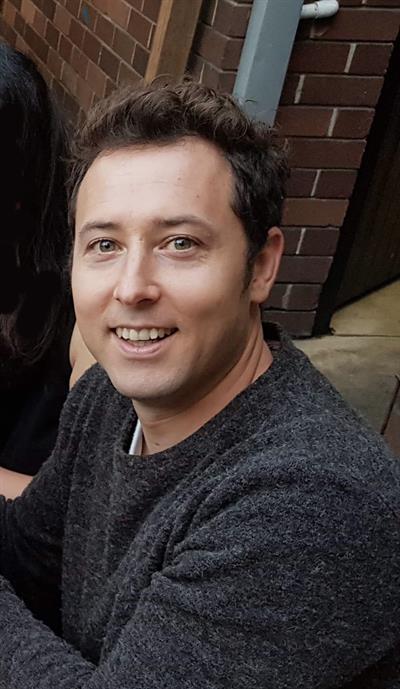- Posted on 27 Feb 2020
- 2-minute read
The right to remain silent is an important tenet of our justice system – it’s tied to the notion of innocent until proven guilty as well as the principle that the onus of proof lies with the prosecution.
Traditionally, remaining silent in the face of legal charges is not meant to result in any adverse inferences but in some Australian jurisdictions, this has been qualified through legislative amendments. For example in relation to serious indictable offences in NSW.
UTS Law’s Dr Eugene Schofield-Georgeson has been looking at how the right to silence works and with what effect – specifically in the NSW summary jurisdiction of the Local Court where the vast majority of the state’s criminal matters are heard.
By accessing Legal Aid files, he studied more than a thousand charges against some of the most socially marginalised defendants and followed the process through the three key stages: the investigation stage; pre-trial or mention stage; and the final determination, ‘trial’ or ‘courtroom’ stage:
There was no conviction in 86.2% of cases in which silence was consistently asserted. While the research doesn’t indicate a direct causative relationship between silence and conviction, it does suggest strong patterns, associations and trends that establish a significant correlation between the two.
In other words, remaining silent appears to increase a defendant’s chances of avoiding conviction and also has a positive impact on the bargaining process around charges.
Dr Schofield-Georgeson cautions that his research should be seen as just one piece of a complex puzzle looking at how the right to silence works and he also suggests a broader study covering the more serious criminal area of indictable offences.
But he says, rather than watering down the right to silence, there is a clear case for strengthening it to ensure fairness for the most disadvantaged in the criminal process:
“For a majority of summary criminal defendants who are perhaps not able to craft and maintain a sophisticated ‘denial’ of allegations, silence rights are the only realistic, effective and fair option to protect innocence against false accusations of guilt.”
Further reading
This is Law research in action
See where a Law research degree could take you.






